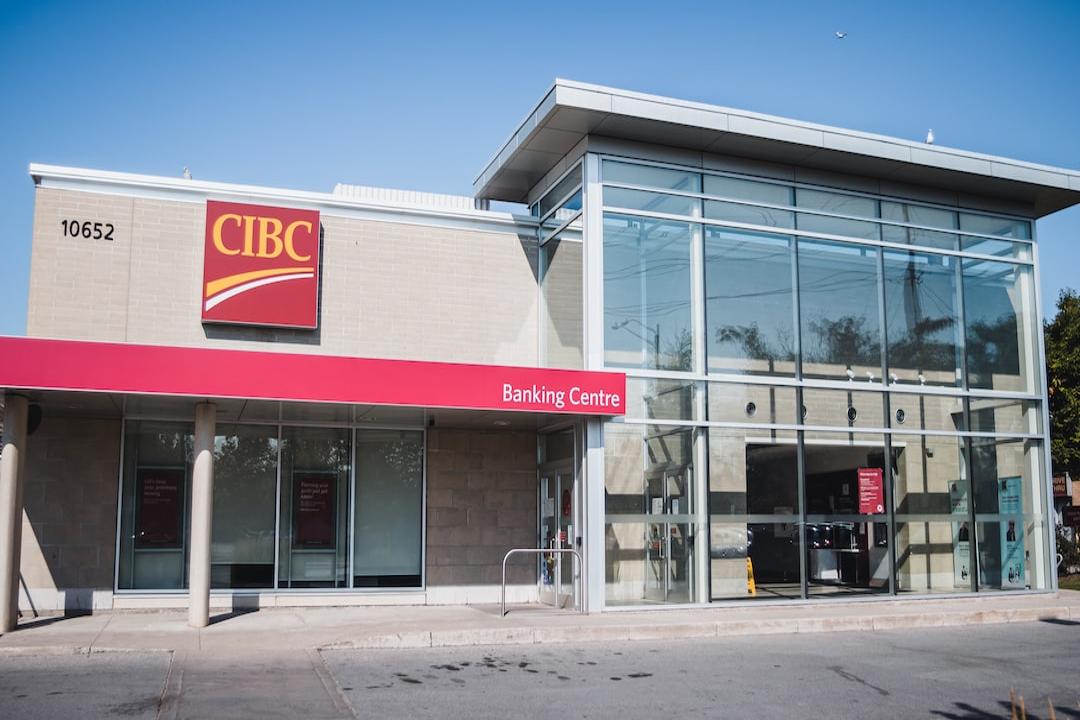Serenity Shield is revolutionizing the data storage landscape with the introduction of its groundbreaking global Decentralized Physical Infrastructure Network (DePIN). The company’s inaugural decentralized data center in Muscat, Oman marks a significant milestone in reducing the world’s reliance on centralized cloud services for data storage.
But the Muscat facility is only the beginning. Serenity Shield has ambitious plans to establish additional facilities in strategic locations such as India, Portugal, the Netherlands, the USA, and Australia in the coming months.
This global expansion is part of Serenity Shield’s mission to provide a new paradigm where individuals and businesses can store their data without relying on centralized entities. The aim is to grant users greater control and security, aligning with the original promise of blockchain technology to offer true ownership and control over personal and financial information.
Currently, multinational corporations largely control and exploit user data without their consent. Serenity Shield’s decentralized storage infrastructure aims to address the fundamental challenges that have hindered the realization of a decentralized web. Venket Naga, CEO of Serenity Shield, explains that the reliance on centralized cloud services has undermined the concept of self-custodial decentralization.
The launch of these DePIN facilities signifies a significant step towards establishing a robust Web3 ecosystem, going beyond the theoretical frameworks often outlined in whitepapers.
By establishing cutting-edge physical facilities worldwide, Serenity Shield introduces a decentralized form of data storage that inherently provides redundancy, security, and decentralization. This network of data centers will help mitigate the risks associated with centralized storage, which have been a major barrier to the wider adoption of blockchain technology.
Furthermore, individuals who serve as node operators in this distributed network will be rewarded for their participation through incentive mechanisms. These incentives include token rewards and utility cost settlements, with future plans to distribute tokenized energy rewards based on specific locations and needs.
This approach not only encourages participation but also aligns with sustainability initiatives by funding Green Hydrogen projects for renewable energy.
The implications of this shift are significant across various sectors. Commercial blockchain projects are encouraged to contribute resources to foster a collaborative ecosystem. Small and medium-sized enterprises will benefit from improved supply chain management, data synchronization, and content distribution.
Government institutions will also be able to better preserve public records and sensitive information, enhancing transparency and security.
Venket emphasizes the importance of this shift towards a decentralized, resilient, and inclusive digital future. By building on the foundations of Web 2.0 and embracing the values of Web 3.0, Serenity Shield is leading the way in a digital transformation that redistributes power and control in unprecedented ways.
This initiative starts with data storage, which is fundamental to the broader conception, construction, and management of physical infrastructure in a decentralized context.


